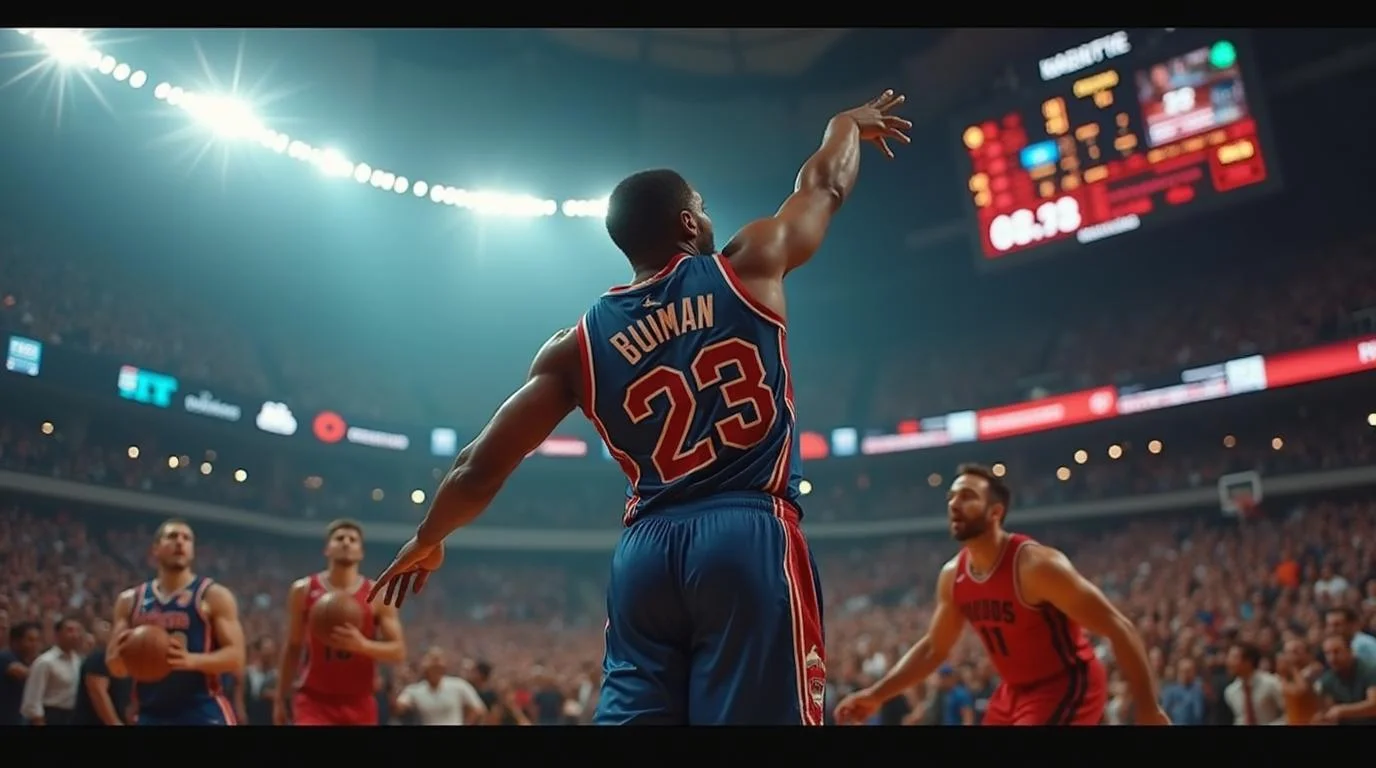Bad Markers: Mohegan Sun in Connecticut Sues Former Universal Studios Exec for Owing $2.7 Million

1.0
Default
A former Universal Studios executive is facing legal charges from Mohegan Sun Casino in Connecticut for allegedly passing fraudulent markers worth $2.7 million. He is a prolific gambler, states the lawsuit, and reportedly lost over $5 million in just one day.
Mohegan Sun Casino in Connecticut has filed a lawsuit against former Universal Studios executive Ron Meyer, seeking to recover over $2.7 million in gambling markers. The lawsuit, which was submitted to the Superior Court, shines a spotlight on a high-stakes dispute involving one of the entertainment industry's most prominent figures.
Meyer, who served as president and chief operating officer of Universal Studios from 1995 all the way to 2013, is well-known in both Hollywood and the gaming world. His reputation as a prolific gambler in craps has drawn attention for years. However, this lawsuit reveals a less glamorous side of his gambling endeavors.
The $6 million line of credit
According to the lawsuit, Meyer, now 79, signed a credit line for $6 million at the Mohegan Sun Casino in Montville, Connecticut, on or around the 14th of August, 2015. The casino alleges that in October of 2017, Meyer utilized this line of credit to gamble and lost a staggering $5 million in one day. To cover this loss, Meyer signed approximately five markers, but those checks ultimately bounced, leaving him with a significant debt to the casino.
In April of 2018, Meyer reportedly agreed to a repayment plan. However, according to the filed complaint, he defaulted on his payments by September of 2018, leaving an outstanding balance of $2,782,500.
Legal dispute over credit extension
Meyer's legal team is fighting the casino's claims by arguing that extending gambling credit is illegal as per the law in Connecticut. Brian E. Spears, Meyer's attorney, filed a motion to strike the case, citing the state's long-standing prohibition on lending money to gamblers. Spears emphasized that this "ancient and deep-rooted ban" is at odds with the casino's actions.
The Mohegan Sun Casino operates under the auspices of the Mohegan Tribe, a sovereign nation permitted to provide casino gaming within the Indian Gaming Regulatory Act. However, Spears argues that the tribe's gaming compact with the state of Connecticut does not explicitly authorize the extension of credit for gambling.
"The Mohegan compact contains no such allowance for the extension of credit," said Spears. He added that on the contrary, it specifies that all payments for class III wagers should be 'made by cash, cash equivalent, check, or credit card.'
This distinction is crucial, as Connecticut's other casino operator, the Mashantucket Pequots, secured an exception in their compact, allowing credit to be extended for gambling at the Foxwoods Resort Casino, which they own. Spears contends that the absence of a similar provision in the Mohegan compact means that Connecticut's prohibition on lending money to gamblers should apply to the Mohegan Sun.
A high-roller in the spotlight
Meyer's gambling habits have long been a topic of interest. In 2020, The Daily Mail reported that Meyer had allegedly lost over $100 million on dice games through the years. The report described him as one of the "top three most sought-after whales in the gaming industry," a term used to describe high-rolling gamblers who are courted by casinos due to their large wagers.
While the $100 million figure has not been independently verified, Meyer's penchant for high-stakes gambling is well-documented. His association with the world of high rollers has added a layer of intrigue to the legal battle with Mohegan Sun.
A career marked by success and controversy
Ron Meyer is a well-known figure in Hollywood, having co-founded the influential talent agency Creative Artists before transitioning to Universal Studios, where he became the longest-serving executive of a major film company. However, his career has not been without controversy. In 2020, Meyer resigned as chairman of Universal amid claims that he was being extorted over an alleged affair with Charlotte Kirk, a British actress.
As the legal battle between Meyer and Mohegan Sun continues, it remains to be seen whether the casino will be able to recover the millions it claims it is owed. At the heart of the case lies the question of whether Connecticut's prohibition on lending money to gamblers will override the casino's efforts to collect on the unpaid markers. For now, the lawsuit serves as a reminder of the risks that come with high-stakes gambling, even for those at the top of their game.



















